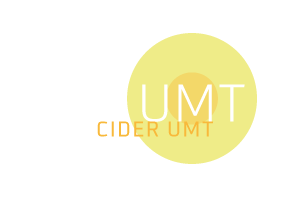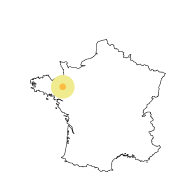
Coordination
Partners
Objectives
The mission of the UMT is to assist professionals in reinforcing the identity of cider products by reducing, in particular, the substantial variability in terms of cider quality and typing.
This entails developing the methods in order to check and control the quality and the regularity of ciders, and other cider products, as well as to reinforce the diversity of them with a selected specificity.
Several critical points have been identified
Raw material: have information available on its incidence (varieties, production conditions, etc.) on the processing conditions (preservation of fruits, diverse contaminations, extraction, fermentation) and on the organoleptic characteristics of the finished products, in order to change the methods.
Fermentation phase: better understand the development of yeast in mixed flora, in order to orient the spontaneous fermentations and even, in time, to use mixed leavens or LSAs to control fermentations, while still retaining the favourable characteristics of the cider.
Relations between technology, polyphenolic composition and sensory perceptions: in order to modulate via technology, the polyphenolic state in quantity and in quality, in order to act on the organoleptic characteristics of flavour (more particularly bitterness and astringency).
This UMT is located in Le Rheu.
Actions
The approach consists in making use of our understanding of biochemical and microbiological phenomena identified in the technological itineraries in order to suggest changes in methods, tools for making decisions and controls.
Quality of the fruits to be processed
Assessment of the cider value of the varieties stemming from genetic improvements.
Impact of the harvesting and storage conditions on the fruit and worts.
Fermentation duct
Optimisation of the nitrogen depletion that can be assimilated during fermentations.
Knowledge of the oxygen consumption wells.
Organoleptic role of the apiculate flora.
Limitation of organoleptic alterations of microbiological origin.
Impact of polyphenols
Modulation of the polyphenolic content during pressing.
Activity and impact of polyphenol oxidase (PPO) of cider apples.
Polyphenol/macromolecule interactions.
Oxidation products of procyanidins: structures and flavours.






